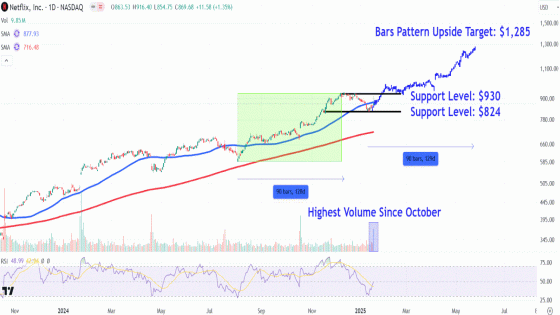The U.S. Food and Drug Administration (FDA) has approved Spravato, a nasal spray antidepressant, for standalone use in treating treatment-resistant depression as of January 22, 2025. Previously, Spravato was only approved for use alongside an oral antidepressant, but new findings indicate that it can be effective on its own.
- Spravato approved for treatment-resistant depression.
- FDA expands approval for standalone use.
- Esketamine derived from ketamine anesthetic.
- Generated $780 million in sales in 2024.
- Administered under healthcare provider supervision.
- Major depressive disorder affects over 20 million.
This decision follows a large study demonstrating that Spravato, which contains esketamine, is more effective than a placebo. The drug is administered under healthcare supervision due to potential serious side effects.
Spravato, the brand name for esketamine, was initially approved in 2019 for adults with major depressive disorder who did not respond to at least two other antidepressants. The FDA’s recent approval expands its use, allowing it to be administered alone. This change is significant as major depressive disorder affects over 20 million adults in the U.S., with approximately one in three patients not responding to standard oral treatments.
Key points about Spravato’s approval include:
- Sales of Spravato reached approximately $780 million in the first nine months of 2024.
- The drug is intended for administration in certified treatment centers under direct supervision.
- Potential risks associated with Spravato include sedation, dissociation, respiratory depression, and the possibility of abuse or misuse.
In its press release, Johnson & Johnson, the manufacturer of Spravato, emphasized the complexity of depression and the importance of careful administration. The approval of Spravato as a standalone treatment offers new hope for patients who have not found relief with traditional antidepressants.
The FDA’s approval of Spravato for standalone use marks a significant advancement in the treatment of depression, providing an option for those who have not responded to other treatments. This development could improve the quality of life for many individuals suffering from treatment-resistant depression.
































